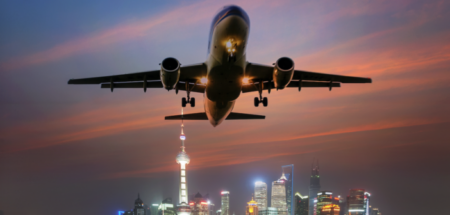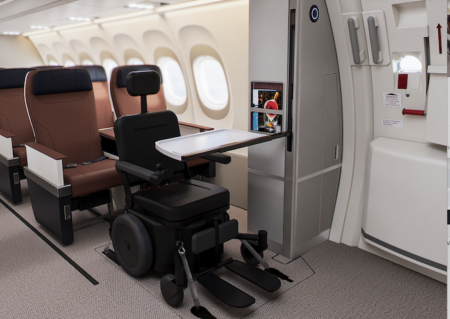While it has been heartening to see such strong demand for air travel post-pandemic, that high number of passengers has been travelling amid the issue of staff and resource shortages at airlines and airports. The result has been disruption to the air travel process and a diminished passenger experience.
The most fundamental issue has been flight delays and cancellations, with SITA research finding that more than half of passengers have reported encountered such problems, and they now cause concern and anxiety at the booking stage for nearly one third of passengers.
However, passengers are embracing the opportunity to feel more in control that is enabled by smart technologies. 2023 has seen passengers increasingly adopting mobile apps, using their devices to control and monitor booking, check-in, dwell time, on board, and bag collection.
Such findings are part of SITA’s 2023 Passenger IT Insights report, published today. The air transport IT company conducted surveys to help it target new travel issues and expectations, and to assess the flying public’s perception of travel technologies.
For example, when asked about comfort levels with biometric identification throughout the journey, passengers scored an average of 7.36 out of 10 (with 10 being the most comfortable), up from 7.26 in 2022, reflecting rising confidence in the frictionless airport experience this technology facilitates. Respondents also indicated growing interest in completing certain checks before their arrival at the airport in order to maximise efficiency, with nearly one-fifth of passengers pointing to ‘automated checks before the airport ensuring documents are sufficient to pass border checks’ as a potential improvement to the booking process.
Sustainability
Sustainability is one of the biggest concerns in aviation, and is also of interest to many passengers, as the reports bears out. The use of new technologies that can make travel more sustainable emerged as the number one initiative that passengers would value most for both airlines (for 64% of passengers) and airports (62%). This has jumped considerably from about half of passengers in 2022, sending a clear message to the industry that innovative approaches to achieving emissions reductions are front of mind. Such technologies include flight path optimisation to reduce fuel burn, and tools that monitor data on environmental performance to reduce emissions at the airport.
Intermodal travel
As the world of travel becomes increasingly interconnected, intermodal travel is growing in popularity, meaning trips that consist of multiple modes of transportation (such as land, sea and air) but which are booked through a single location or in the same booking. SITA’s survey finds that a significant majority of passengers expect to book intermodal trips in the coming year, with only 24% saying they are unlikely to do so.
As openness to intermodal travel grows, so too does interest in technology to streamline this experience across the entire journey, from door-to-door, with passengers seeing intermodal as a new realm of travel that technology can optimise through greater automation.
One third of passengers expressed interest in being able to drop their bags at their journey start point (whether from their home, hotel or the first travel terminal of departure) and have them arrive at their end destination. Nearly one third indicated they would like to see travel operators coordinate when disruptions occur and respond with necessary changes.
Commenting on the findings, David Lavorel, CEO of SITA, said: “When planning travel, cost is just one of the factors affecting travellers’ willingness to book flights. Experience at the airport has become fundamental to passengers’ decision making, and travellers are telling the industry loud and clear: the more they are subjected to clunky and inefficient processes, the more likely they are to consider other options. Passengers are pointing to a clear way forward for the industry: now more than ever they recognise smart technologies as key to streamlining travel while reducing its environmental impacts, both for air travel alone and for the broader intermodal ecosystem.”
The SITA 2023 Passenger IT Insights report can be downloaded HERE.





